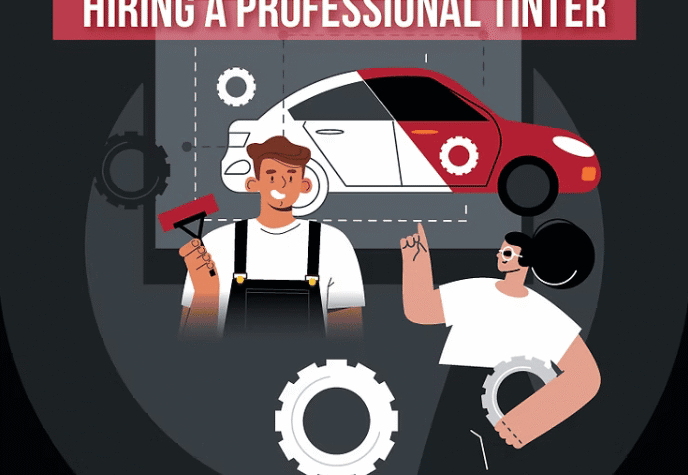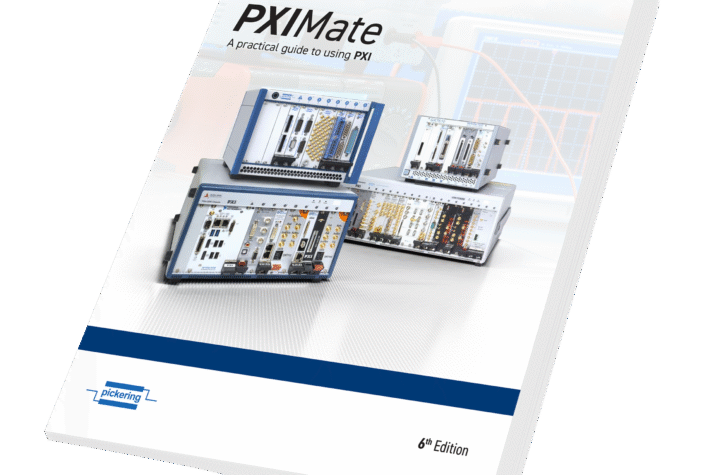
Sanden Corporation headquartered in Japan is the world’s leading independent manufacturer of automotive air conditioning compressors. Sanden in Europe set up its base 30 years ago and is today a key technology partner to many automotive giants. Last year, they sold more than seven million units in Europe – its best ever annual performance which corresponds to a 36 per cent share of the European air-conditioning market.
With introduction of regulations established by the European Union the car manufacturers need to introduce a new refrigerant that is less harmful to the environment regarding global warming than the current chemical R134a. They have to comply with these regulations by 2011; R134a will then be prohibited by law on any new car.
Automotive Industries spoke to Seiichi Sakamoto, President of Sanden Europe GmbH about the development and status of a new refrigerant.
AI: Please tell us about the issue of the refrigerant R1234yf for air conditioning systems and whether it will prove a potential replacement for the current refrigerant (R134a).
First of all I want to mention that it will not be suppliers like Sanden but the car manufacturers who decide which will be the new refrigerant. R1234yf is a strong candidate and this was confirmed from the recent new refrigerant symposium in Phoenix/ USA. However, there are still some hurdles that it must successfully jump and these issues will become clear well before end of the year. Sanden is of course investigating this refrigerant and results so far show that it can be used with relatively minor modifications being made to accommodate it. We expect to have completed our research and development by the end of this year so that we will be ready to support the car manufacturers in case they decide to go ahead with R1234yf as the new refrigerant.
AI: What is Sanden doing in trying to shift to the new refrigerant?
In fact, it is possible that there may be more than one solution. As a result, we at Sanden have no option but to be ready for all alternatives. We have been working vigorously on developing suitable products for CO2, which is a major candidate for the last 8 years, both on our own and in cooperation with other companies. We are therefore confident, that should CO2 be a solution, we are ready for all possibilities. We have also worked with a couple of car manufacturers on exotic solutions using refrigerants suitable for secondary loop systems, as a countermeasure against potential flammability issues. So, as you can see, no stone has been left unturned to find suitable solutions.
AI: What is the status of discussion and development in the automotive industry vis a vis the new European regulations regarding refrigerants?
As we see it, the legislation regulations are very clear and we do not expect that the EU will make any significant changes, such as delaying the start time for the new refrigerant. From our point of view, the car manufacturers are gearing up to be ready before January 2011 and, those that have not yet decided which will be the new refrigerant for them will do so by the end of the year. This would leave them at least 2 summer test cycles to validate and fine-tune the technology. Therefore, we do not see that there is any pressure or likelihood that the automotive industry will ask for changes or concessions in the regulations.
AI: Please tell us about the COP (Coefficient of Performance) improvement of the air conditioning compressor and the improved efficiency of Sanden’s products in order to safe fuel, costs and to contribute positively to environmental situation.
Just to correct a misnomer; it is not the compressor alone that determines the coefficient of performance but the total system. Naturally many people focus on the compressor as this is the component which requires the largest amount of power to drive it. Being a Japanese company we are continuously improving our product, which includes developments to reduce the pressure drop inside our compressors, to increase their pumping efficiency and reduce the frictional losses.
AI: Please tell us about the electric compressor for air conditioning systems and the developments in this field.
Today, a lot of interest and excitement has been generated by hybrid vehicles. However, in the longer term, there will come a time when most vehicles will be powered by fuel cells and the compressors that these vehicles will use will be electric. Therefore, the development of electric compressors is not just for another product to be used in certain hybrid vehicles but it is the foundation for our future long term business. Of course, all full hybrids will use electric compressors and we will be launching our electric compressor in Europe on such a vehicle in the near future. One key element of the electric compressor is the scroll compression mechanism, which was pioneered by Sanden in the automotive industry. Sanden has been involved in the development of the electric motor, inverter and other electronic controls over the past 20 years. It is estimated in this time we have built many thousands of electric compressors, some of which were used in limited fleet testing in America such as the GM EV1 coupé which was sold in California in 1997 to 1999 and Europe on the Berlingo a few years back.












More Stories
Dürr and GROB concept battery factory uses 50% less production space
DuPont materials science advances next generation of EV batteries at The Battery Show
Cybord warns of dangers of the stability illusion